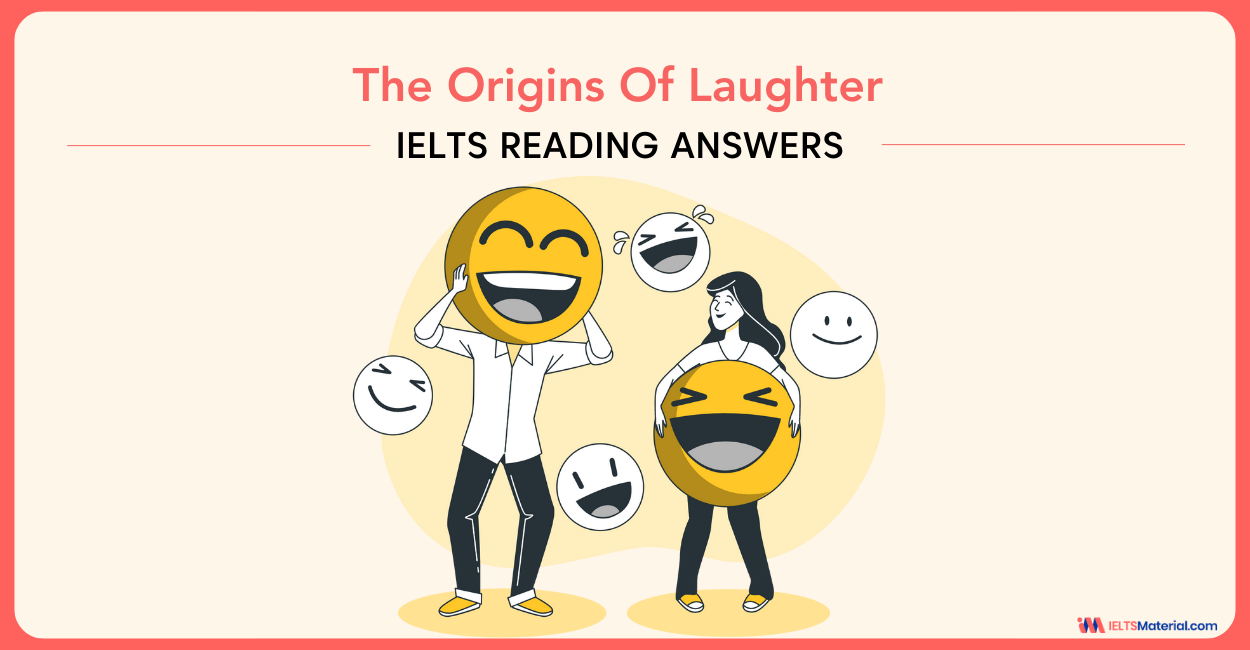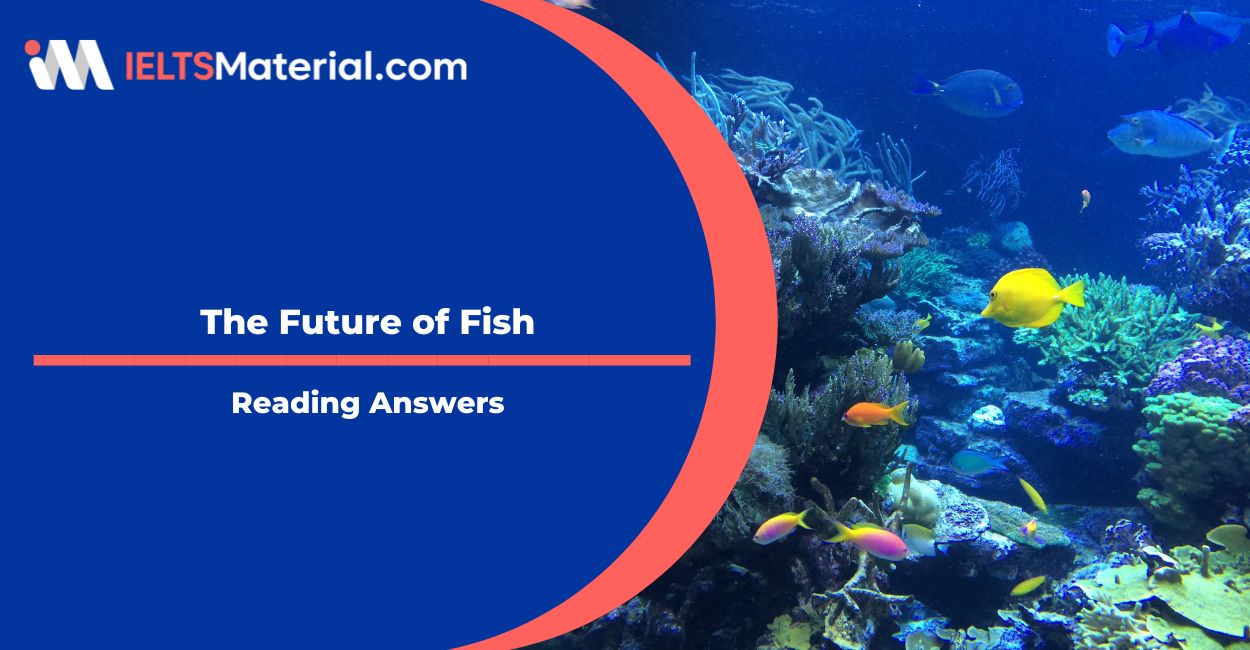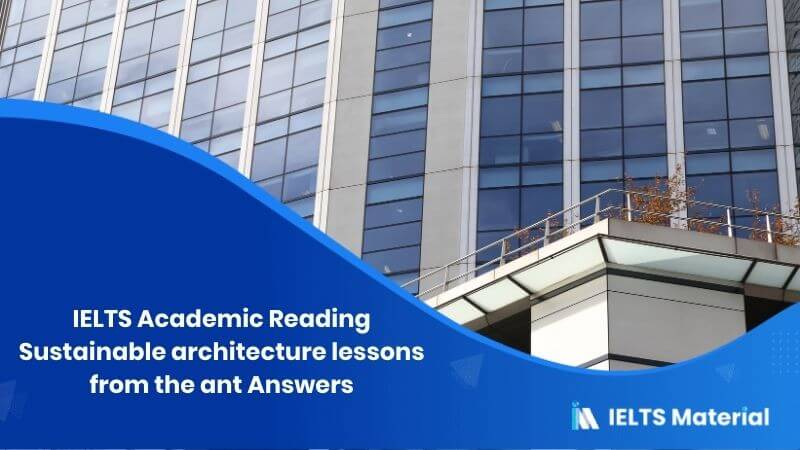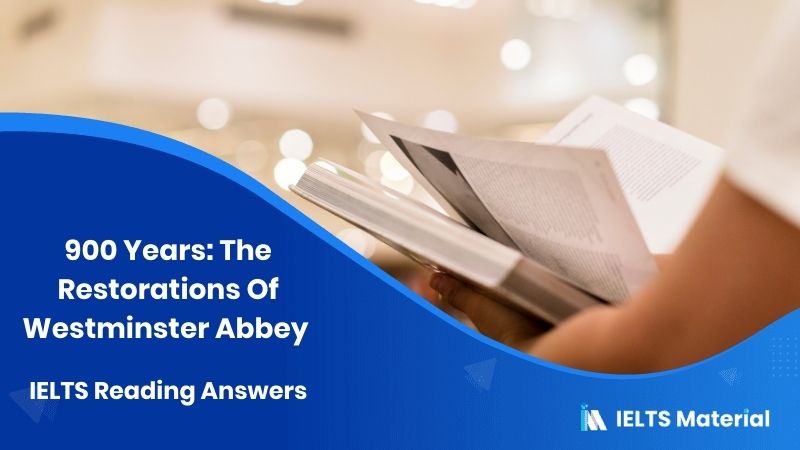The Future of fish Reading Answers
Table of Contents

Limited-Time Offer : Access a FREE 10-Day IELTS Study Plan!
This article contains The Future of fish reading answers.
The Future of fish is a real Reading test passage that appeared in the IELTS.
With diligent practice, the Reading Module can be the top-scoring category for IELTS Aspirants. To score well, you must understand how to approach and answer the different question types in the Reading Module.
By solving and reviewing Sample Reading Questions from past IELTS papers, you can ensure that your Reading skills are up to the mark. Take the practice test The Future of fish below and try more IELTS reading practice tests from IELTSMaterial.com.
Not sure how to answer IELTS Reading Multiple Choice Questions? Check out the video below for the latest tips and strategies!
For more Multiple Choice Questions practice, take a look at IELTS Reading Multiple Choice Example 1!
The Future of fish
You should spend about 20 minutes on Questions 27-40, which are based on the Reading Passage below. Find the practice test with The Future of fish PDF here.
Answers
The answers with locations are given below
| Question Number | Answers | Keywords | Location of Keywords |
|---|---|---|---|
| 27 | Yes | The face of the ocean has changed completely since the first commercial fishers cast their nets and hooks over a thousand years ago. | Paragraph A, First 3 lines |
| 28 | Yes | We still view it as a place where people and nations should be free to come and go at will, as well as somewhere that should be free for us to exploit. | Paragraph B, Lines 2-3 |
| 29 | No | most marine protected areas allow some fishing to continue | Paragraph B, Lines 12-13 |
| 30 | Not Given | Not Given | Not Given |
| 31 | No | Recovery is likely to be much harder to achieve | Paragraph D, Last 3 lines |
| 32 | D | To some people, creating marine reserves is an admission of failure.
This approach has been tried and refined for the last 50 years |
Paragraph E, Line 1
& Paragraph E, Lines 7-8 |
| 33 | C | The Common Fisheries Policy, exemplifies the worst pitfalls: flawed models, flawed advice, When it all went wrong, | Paragraph E, Lines 8-15 |
| 34 | A | We can go a long way to avoiding this catastrophic mistake with simple common sense management. They have to be placed centre stage as a fundamental underpinning for everything we do in the oceans. | Paragraph F, Lines 5 -7 & Lines 12 – 13 |
| 35 | B | Little need to restrict fishing or create protected areas. | Paragraph A, Lines 6-7 |
| 36 | F | an escalation in fishing intensity, and modern fishing technologies | Paragraph A, Lines 7-9 |
| 37 | D | ‘natural refuges’ from fishing have played a critical role in sustaining fisheries | Paragraph C, First 3 lines |
| 38 | I | Twelve percent of the world’s land, contained in protected areas, whereas for the sea is but three-fifths of one percent | Paragraph B, Lines 9-11 |
| 39 | H | Marine reserves lie at the heart of the reform. | Paragraph F, Lines 7-8 |
| 40 | C | If we don’t break out of this cycle of failure,humanity will lose a key source of protein and much more besides. | Paragraph F, First 3 lines |
Check More IELTS Reading Answers
Also check :
Practice IELTS Reading based on question types

Start Preparing for IELTS: Get Your 10-Day Study Plan Today!
Explore other Reading Topics

Janice Thompson
Recent Articles

Kasturika Samanta

Kasturika Samanta

Janice Thompson








Post your Comments